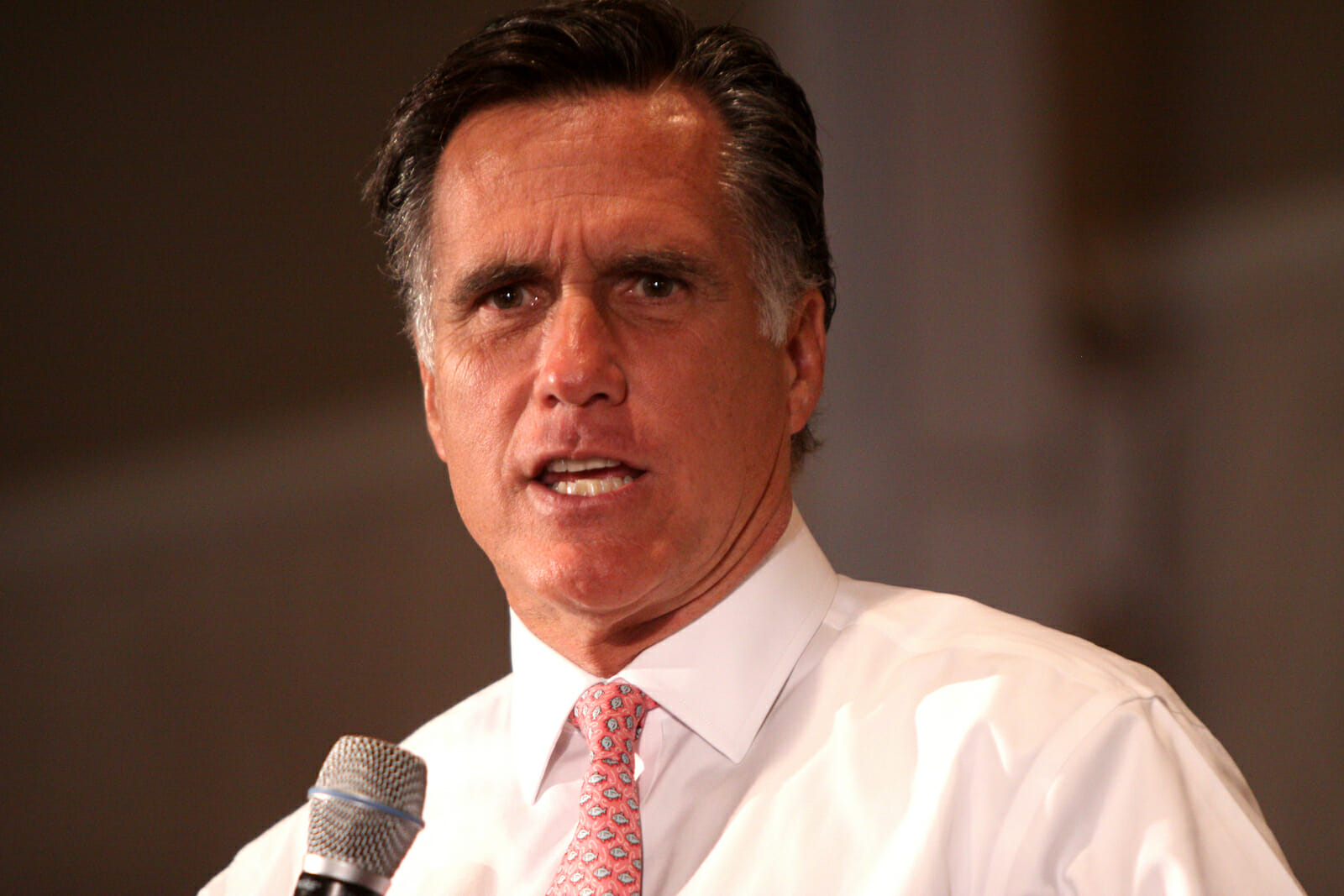
Politics
Russia and Romney’s Approach to Foreign Policy
At a time when America’s influence is waning around the world and the emerging powers are rising, soon to be Republican presidential nominee Mitt Romney is trying to restore the validity of the concept of the ‘American century’ and unrivaled American power. Never mind the ‘rise of the rest,’ that most informed observers see this as the Chinese century, that the U.S. continues to have a difficult time getting its economic house in order, that fiscal and military resources are severely strained, or that the American populace has grown war weary over the past decade — Mr. Romney is determined to put America back on top in the minds of the average American, so that we can feel good about something again. Just how he intends to do this remains a mystery, and it probably cannot be done — surely in the short-term — but it sells well on the campaign trail.
So does the idea of restoring Russia as the bad guy to an American populace accustomed to hearing such rhetoric, but with a 20-year lapse. Mr. Romney’s approach to the bilateral relationship between Russia and the U.S. has come to epitomize what may be expected from him in the foreign policy realm if he were to become president. He wants to “reset” the attempted reset of the bilateral relationship by the Obama administration, calling Russia the number one geopolitical foe of the United States.
With everything else that is happening in the world right now, he thinks Russia is America’s biggest foreign policy challenge. Mr. Romney’s position on Russia is at minimum confusing, but also contradictory.
He said he would like to improve relations with Russia, but also says he opposed ratification of the New START treaty, and that if elected, he would review the implementation of the Treaty. Part of his ‘Russia’ platform is to become engaged in European energy politics in an attempt to reduce its energy dependence on Russia – as if the Europeans haven’t considered this before, aren’t capable of negotiating with Russia themselves, or require U.S. assistance in order to do so.
On the subject of missile defense, Mr. Romney’s approach is that of a starry-eyed school boy, imagining that it is possible to “extract concessions from the Russians” in missile defense while “advancing U.S. interests,” thinking of the Russians as nothing more than country bumpkins with the negotiating tactics of an amateur chess player.
Mr. Romney has characterized Russia as a foreign policy threat primarily because Russia has challenged the U.S. on so many issues (such as Iran, Syria, and missile defense) and is attempting to reassert its own place in the world at the same time the U.S. is trying to do so. Fair enough. But while President Obama has preferred to reach out to an assertive Russia, Mr. Romney appears to prefer a policy of confrontation, which will presumably involve unlimited amounts of vitriol and olde-fashioned muscle flexing if he is elected.
One could certainly argue that Obama’s approach has yielded ‘limited’ benefits, but what can we expect Romney’s approach would achieve with a guy like Putin? While President Obama’s approach at least holds the prospect of limited collaboration with Mr. Putin, Mr. Romney’s approach is sure to yield just the opposite. It is a hopelessly outdated approach and out of sync with the realities of the present day. Even George W. Bush understood that the way to get through to Putin is through respect.
If Mr. Romney’s approach to Mr. Putin is indicative of his future orientation to foreign policy more generally as president, there is surely trouble ahead. What is needed today in American foreign policy is a reality check and good dose of common sense and humility. The last thing we need in a president is a political chameleon stuck in a Reagan-esque time warp with a black and white view of the world, and a “Panderer-in-Chief” who caters incessantly to the lowest common denominator of the American voter. Doing so may sell well in Peoria, but it reflects extremely poorly to the world at large, is not in America’s long term interests in an increasingly complex world, and is unlikely to achieve the desired objectives.
Rather, what is needed is a president who recognizes the multidimensional nature of the world, is realistic about the plethora of challenges that confront us at every turn, and capable of contemplating what is actually possible. Mr. Romney is not that man.


